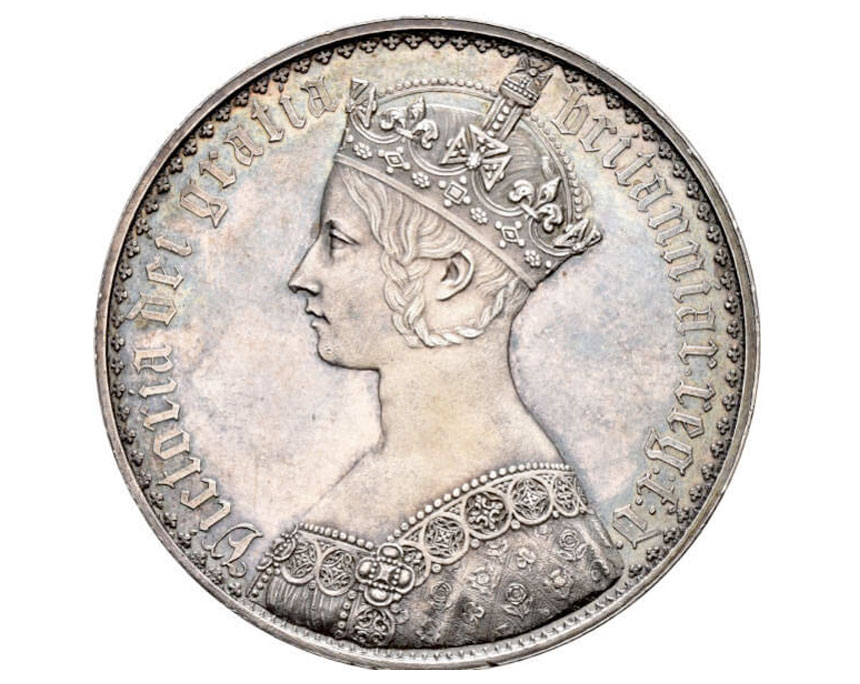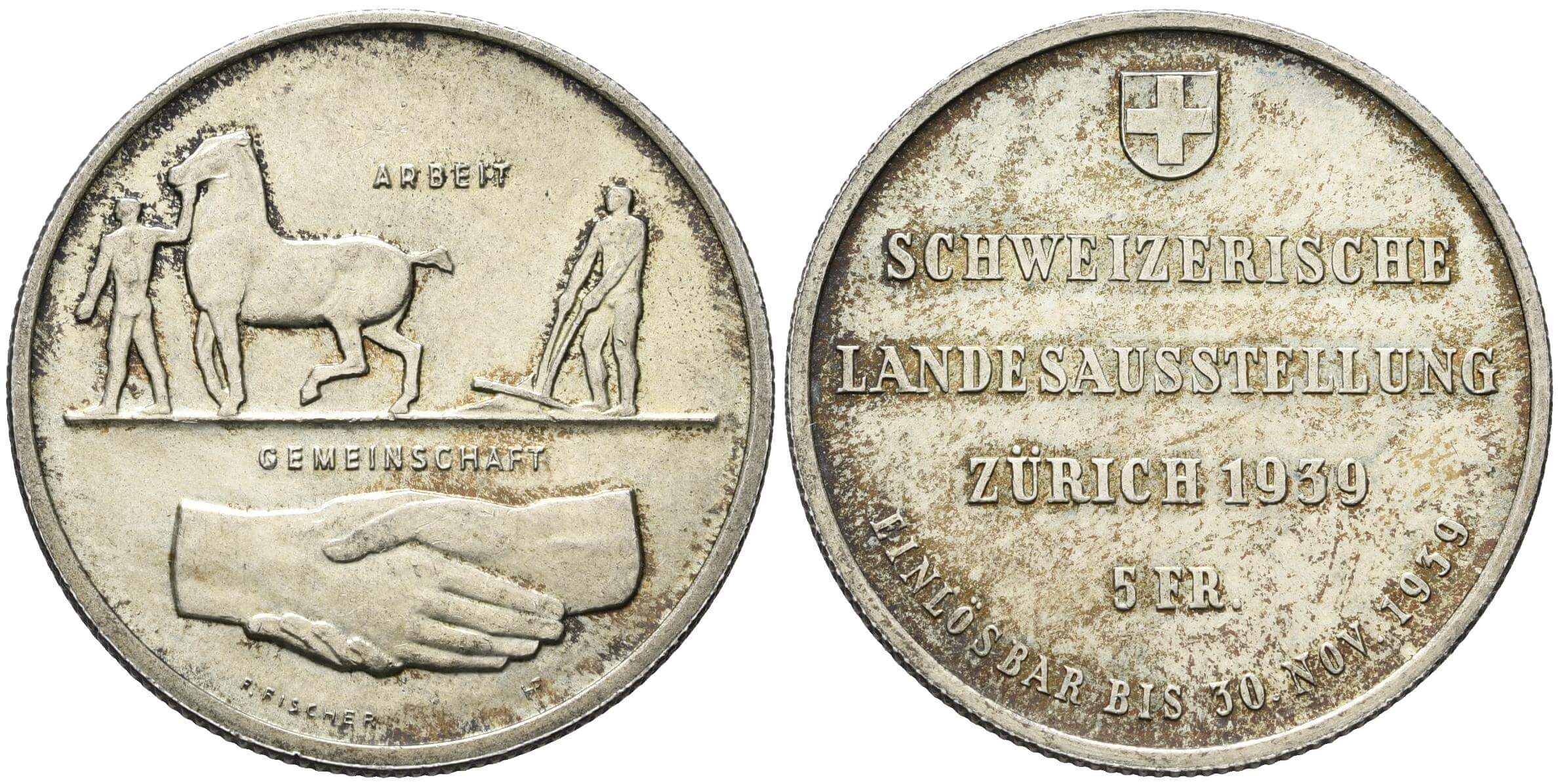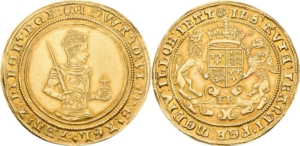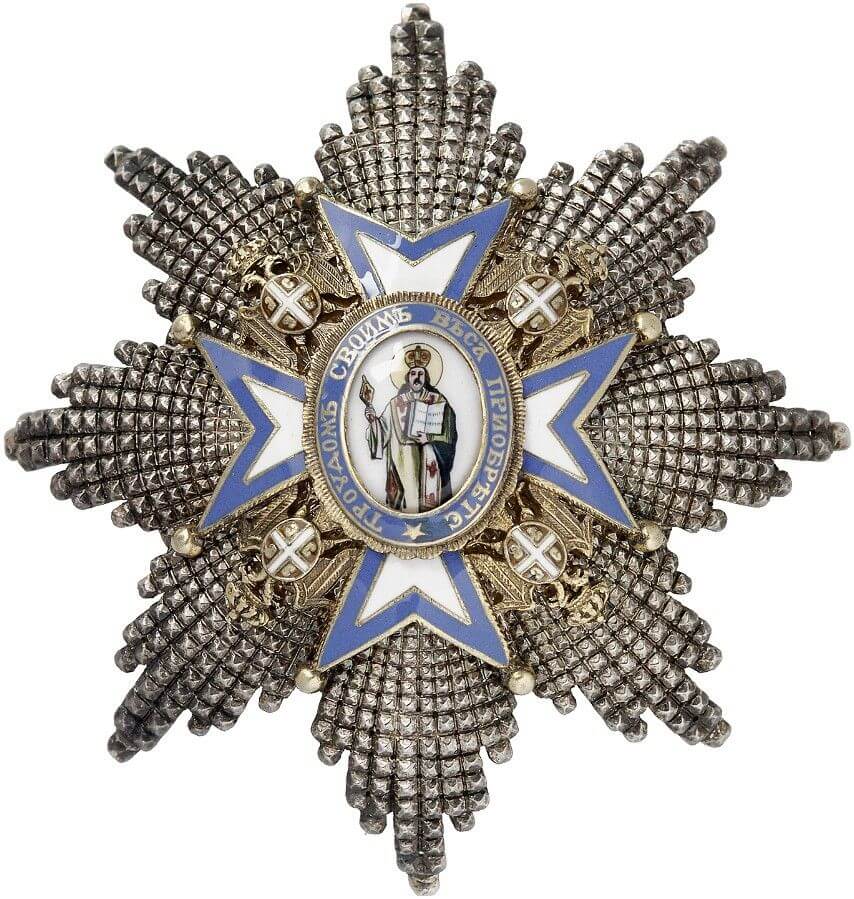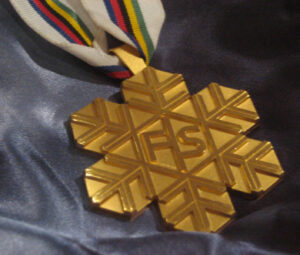The End of a Long-Established Company: Faude & Huguenin Is Bankrupt
Almost unnoticed, a more than 150-year-long chapter of numismatics came to an end in 2022: Faude & Huguenin is bankrupt. Covid wasn’t the only reason for the downfall of Switzerland’s most important medal producer: leading employees are charged with fraud.
Huguenin Frères – from Watches to Important Medal Manufacturers
The success story didn’t start with coins but watches. In 1868, the brothers Fritz and Albert Huguenin founded a company in Le Locle in the canton of Neuchâtel that specialised in the production of watch cases. It didn’t take long for the company to supply major watch manufacturers around the world with their products. When demand declined in the late 1880s, they gradually shifted their business towards minting medals – with great success.
At a time when countries, cities, associations and individuals enthusiastically had medals minted for any occasion imaginable, Huguenin became Switzerland’s leading medal manufacturer and also obtained international commissions. What had begun in a small workshop grew to such an extent that they were able to open their own factory in 1899. In 1910, the company employed more than 300 people.
At this time, Huguenin Frères was one of the world’s top addresses for the production of medals. But also for coins. For example, a major share of all Swiss medals was produced in Le Locle at the time, including the popular shooting medals, as well as hundreds of thousands of orders and decorations for Serbia and circulation coins for Poland, Latvia, Romania, Bolivia and Ecuador.
During the collecting boom of the 1970s and 1980s, Huguenin Frères once again made a name for themselves and produced vast quantities of medals and non-circulating legal tender (if you have no clue what NCLT stands for: read here) for collectors. Time and again, the company demonstrated its innovative spirit. An example: did you know that the world’s first colour coin – issued in 1992 on behalf of Palau – was produced in Le Locle?
Another important pillar of the company were sports medals. Since 1952, Huguenin has produced the snowflake-shaped winner’s medals for the Ski World Cup. FIFA, UEFA and the International Olympic Committee were also loyal customers.
The Decline
However, Huguenin experienced difficulties in the 1990s. The market for contemporary coinage was in the doldrums, cheap competition from overseas to took a toll on European manufacturers. After a merger with the Neuchâtel medal producer Paul Kramer in 1999, Huguenin was acquired by Faude Medaillen AG in 2002. The company from Gippingen in the canton of Aargau had been founded in 1963 and was already the market leader for medals, plaquettes and pins for sporting events, which could be produced cheaply using a process based on chemical milling.
However, the new Faude & Huguenin SA was still struggling. Starting in 2006, part of the production was outsourced to Jaipur in India, only particularly high-quality medals were to be produced in Le Locle from then on. At this production site, further problems arose in recent years: outdated equipment, a lack of young talent, lost know-how – not a great position to navigate their way through the pandemic. It’s easy to understand that the cancellation of major sporting events all over the world caused a massive problem to a leading producer of sports medals. The rising cost of materials and energy were other severe issues for the company.
A Dreadful End
It’s difficult to say whether the weakened company, which only employed about 12 people in the end, would have been able to survive the current crises. But the fact that Faude & Huguenin had to file for bankruptcy in mid-November 2022 was due to another reason. The final nail in the coffin was made in-house: as the NZZ newspaper reported on 12 December 2022, three leading employees are accused of embezzlement. Among others, the CEO and the CFO are said to have opened an account at the end of 2019 bypassing the family who owns the company. Instead of using the company’s account, customers paid into this new account, from which the perpetrators then transferred money to their private accounts. The suspects are said to have confessed already that the company lost at least 450,000 francs in revenue in this way. The owner family even assumes that the company lost 1.8 million francs due to these actions.
The investigation is still ongoing, and the three suspects have been charged with fraud and criminal mismanagement. Whatever the outcome will be, it will probably be too late to rescue the now bankrupt long-established company.
Here you can read the article by Neue Zürcher Zeitung (in German).







